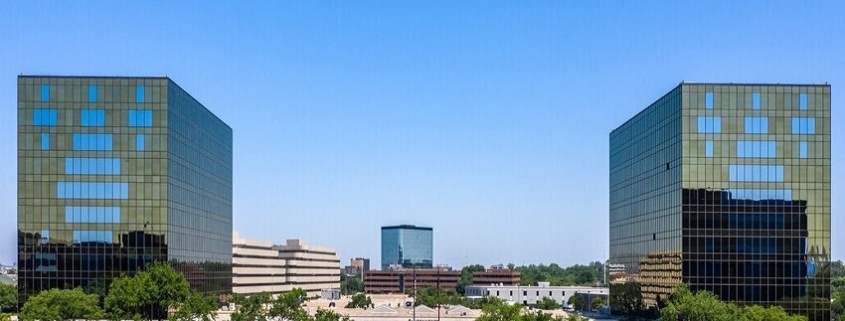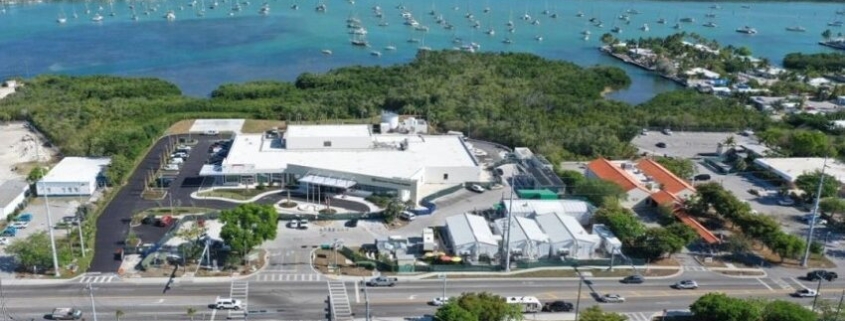Nuveen Global Cities REIT Acquires Another $300M Worth Of Medical Office Buildings
Nuveen Global Cities REIT is doubling down on recession-resistant real estate with the $300M acquisition of 10 healthcare facilities.
The 661K SF portfolio covers medical office buildings in four high-growth markets — Dallas, Pittsburgh, Tampa and Atlanta, per a filing with the Securities and Exchange Commission. More than 65K SF of new or renewed leases have been signed since May, signaling strong demand despite a downturn in the economy.
“These buildings are leased to best-in-class healthcare providers that are significantly invested in their space, with nine of the ten assets featuring tenants with imaging, surgical and/or oncology build-outs,” co-President and Lead Portfolio Manager of GCREIT Richard Kimble said in a statement.
The assets were 96% leased at the time of acquisition and are either newly constructed or newly renovated, according to the filing. Lease terms are on average 5.7 years and include a 2.5% annual bump in rent. More than 20% of the REIT’s investments and 1.2M SF of its portfolio are now concentrated in healthcare, per the filing. Earlier this year, CBRE predicted that about $25B worth of capital would flow into the sector this year, much higher than the nearly $16B invested in 2021.
That estimation may prove slightly off given the dip in activity seen at the midpoint of this year. Transaction volume in Q2 landed at about $2.9B, down from the $3.3B seen in the second quarter of last year, according to Commercial Property Executive. During the same period, though, average rents increased 20% to $356 per SF year-over-year.
“Medical office investment remains highly desirable as the underlying market dynamics for leasing and resale remain strong,” Zacuto Group Managing Director Jake Zacuto told Commercial Property Executive. “Medical tenants overall have very low default risk and tend to offer stability even during uncertain times.”
GCREIT is not alone in its strategy to invest in safe haven assets. In late August, CBRE Investment Management announced it would acquire a 282.6K SF, four-building MOB portfolio in Orange County, California, via a joint venture with Healthcare Realty Trust, according to GlobeSt.
Earlier, LTC Properties Inc., a California-based REIT, announced it would sink $62M into a joint venture to acquire three skilled nursing centers in northern Florida, per The Bakersfield Californian.
Source: Bisnow



 The 12-story Mockingbird Towers are at 1341 W. Mockingbird Lane.
The 12-story Mockingbird Towers are at 1341 W. Mockingbird Lane.
